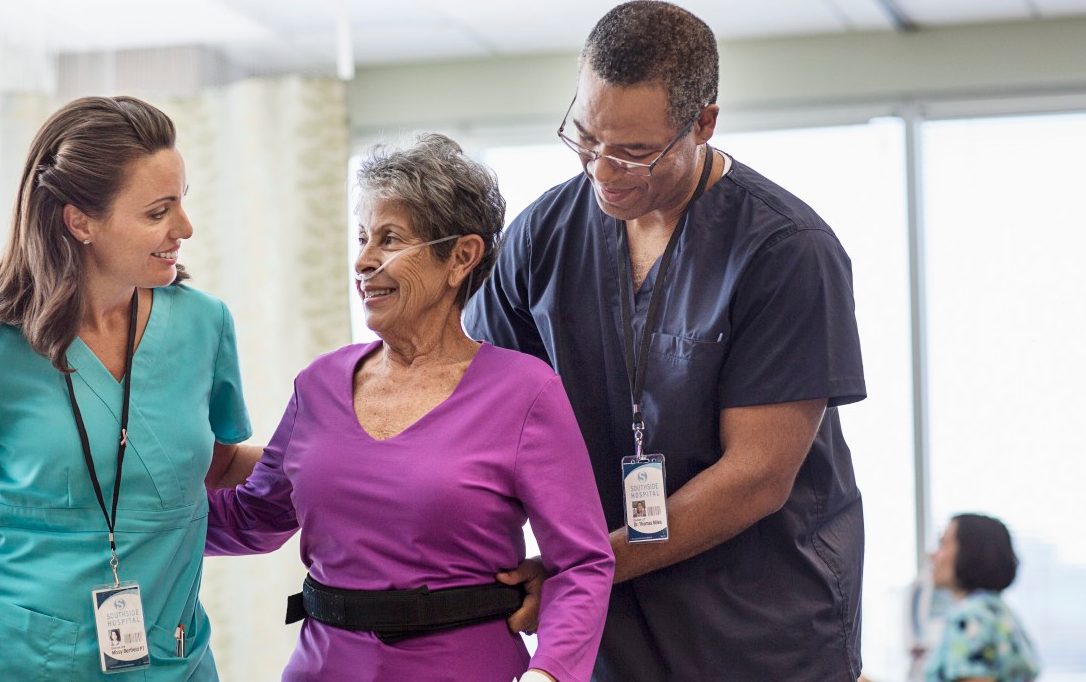ALS
How Is ALS Treated? — Page 3

Other ALS therapies
These programs can teach you strategies to keep you more comfortable and help you stay independent longer.
- Physical therapy. A physical therapist can teach you exercises that preserve your muscle strength and mobility, to help you get around more easily. The physical therapist can also teach you how to use assistive devices like a walker or wheelchair.
- Occupational therapy. An occupational therapist will introduce you to devices and techniques that make your daily life easier. Examples of adaptive equipment include grab bars in the bathroom to prevent falls, large-grip utensils, and gravity-assisted drinking cups.
- Speech therapy. ALS weakens your muscles, including the ones you use to speak. A speech therapist can teach you how to speak more clearly, as well as using tools — such as text-to-speech apps — to help you communicate.
- Psychological therapy and social support. Living with a progressive illness like ALS can be very difficult emotionally. A counselor or psychologist can provide the support you need. A social worker can help you navigate health insurance and financial issues related to your disease.
- Nutritional therapy. ALS can affect your appetite and make it harder to chew and swallow. As a result, you could lose weight and become nutritionally deficient. A dietitian can teach you tricks to increase your daily calories, such as eating more frequent small meals, and choosing nutrient-dense foods. Eventually, if eating becomes too difficult, you may need to talk to your gastroenterologist about getting a feeding tube.
YOU MIGHT ALSO LIKE: More About ALS
Updated:
April 07, 2023
Reviewed By:
Christopher Nystuen, MD, MBA